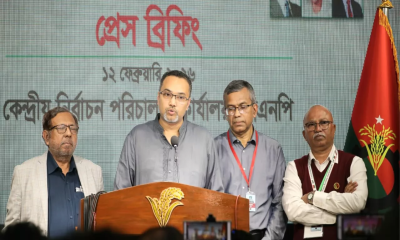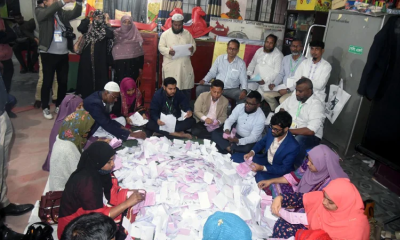A taskforce working on redefining the country’s economic strategies has suggested a complete ban on student politics in universities.
This recommendation was made in a recent report that claims student politics is a major obstacle to academic freedom in the country.
The report also touches on the broader problems within the education system and offers several key suggestions for improvement.
The taskforce, formed by the government on September 11, was tasked with devising a new economic strategy to promote sustainable development and reduce inequality.
The final report was handed over to Chief Adviser Professor Muhammad Yunus on Thursday.
It highlighted that the involvement of political parties in university matters also severely impacts academic independence.
Led by K.A.S. Murshed, the former Director General of Bangladesh Institute of Development Studies (BIDS), the taskforce’s report includes in-depth analysis on various sectors including the economy, banking, infrastructure, education, health, and social security.
Among the key recommendations were both short-term and long-term changes in the education system.
Proposal to Cut the Number of Universities
One of the main suggestions from the taskforce is to reduce the number of universities in the country.
The report advises the government to consider merging some public and private universities.
This move would help optimize the limited education budget and allow universities to better share resources, which, according to the taskforce, could improve the global rankings of Bangladeshi universities.
The report also criticizes most universities for failing to provide quality education.
It states that many universities are unable to equip students with the skills they need for today’s job market.
Additionally, it points out that several public universities are struggling to offer even basic education despite charging low tuition fees, which ultimately results in inefficient use of taxpayers` money.
Private universities were also called out in the report, with some allegedly engaged in selling certificates under the pretense of offering quality education.
The report further mentions the limited resources of universities located outside of Dhaka, adding another layer to the problem.
According to the University Grants Commission (UGC), Bangladesh currently has a total of 170 universities, with 55 public and 115 private.
More than half of these universities have been established in the last 15 years, mostly under the current government.
Of these, 87 were founded in the past 15 years, including 26 public and 61 private universities.
After a meeting of the Executive Committee of the National Economic Council (ECNEC) on Sunday, Planning and Education Adviser Wahiduddin Mahmud confirmed the taskforce’s suggestion to reduce the number of public universities.
He noted that Bangladesh has set a new record with the speed at which universities have been created, especially given that it took several years to establish even Dhaka University.
Ending Automatic Promotions in Exams
The taskforce also recommended putting an end to automatic promotion, or "auto-pass," in any exams.
The report insists that no student should be allowed to pass without sitting for exams, regardless of the circumstances.
It also called for strict penalties for anyone involved in leaking exam papers, proposing prison sentences of 3 to 10 years for those caught in the act.
The "auto-pass" system had been introduced following student protests, particularly during the HSC exams, and had been extended during the COVID-19 pandemic for several exams, including SSC and HSC.
GPA-5 Pressure and Coaching Dependency
The report also touched on the increasing reliance on coaching centers. It explained that many schools are failing to provide proper education, which has led to a rise in the demand for private tutoring.
The report pointed out that many parents either don’t have the time to support their children`s studies or are unable to do so effectively.
This has created a culture where both students and parents feel pressured to achieve a GPA-5, which, in turn, has fueled the demand for coaching.
The taskforce’s recommendations are expected to spark discussions about the future of higher education in Bangladesh and the necessary reforms to ensure that universities are better equipped to provide quality education to students.


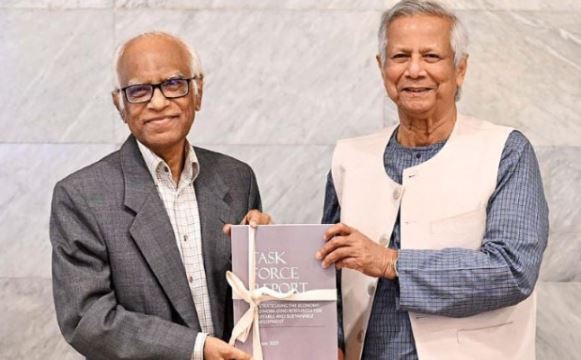

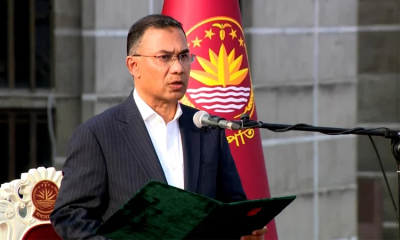







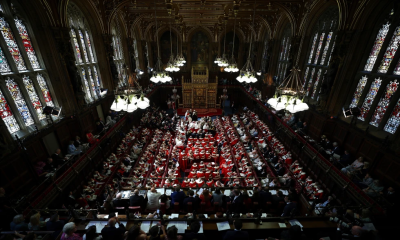




-20260218060047.jpeg)


-20260217073221.webp)














